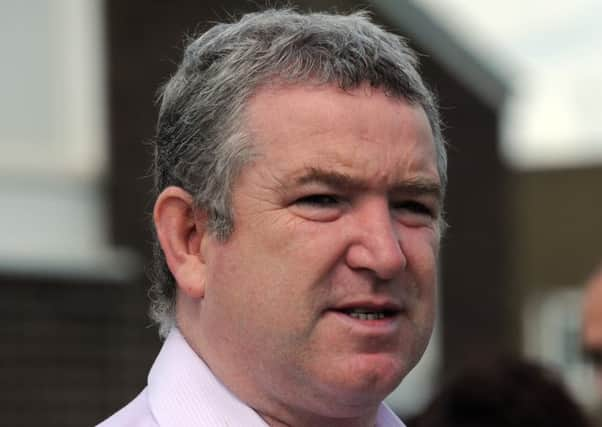Councillor admits children '˜failed' in city where less than half get a Grade C in English and Maths


New figures released by the Department for Education show the stark variation in performance between students across the region in this year’s GCSEs.
The statistics show the best performing authority across a range of measures was North Yorkshire, where 70.4 per cent of students achieved at least a new grade 4 - equivalent to a C - in their English and Maths GCSEs this year.
Advertisement
Hide AdAdvertisement
Hide AdComing bottom of 15 local authorities in Yorkshire and Humber was Hull Council, which described its results - just 49.1 per cent of students meet the benchmark - as “very disappointing.”
Second and third from the bottom were Bradford (55.4 per cent) and North East Lincolnshire (57.9 per cent).
Across the region there was little cause for celebration with only a third - North Lincolnshire, Calderdale, East Riding and York as well as North Yorkshire - performing better than the national average (63.5 per cent).
Coun Phil Webster, Portfolio Holder for Children and Young People’s Services in Hull, said they “couldn’t spin the results.”
Advertisement
Hide AdAdvertisement
Hide AdHe said: “By no means is this an excuse, but we are the third most deprived council in Britain and we don’t have leafy suburbs. Our average attainment would improve if the boundaries were extended.
“But we cannot get away from the fact that 50 per cent of the children are being failed and not getting the education they deserve.”
However he said the Government needed to rethink academies, saying local authorities “have virtually zero” input into their running.
He added: “Last year the Government announced they would be taking statutory responsibility for educational attainment from local authorities. This is yet to happen.”
Advertisement
Hide AdAdvertisement
Hide AdNorth Yorkshire, followed by York, also came top in the region for a measure, introduced by the DfE last year, known as Progress 8, which measures the progress of pupils across eight subjects during their time at secondary school.
They achieved the same feat in Attainment 8 figures, which measure achievement across eight GCSEs.
County Councillor Patrick Mulligan, Executive Member for Schools, said: “These are outstanding results for North Yorkshire and are a testament to the hard work and commitment of our young people and their teachers.
“This success reflects the very strong teaching in the county’s schools, the partnership between the county council, schools, teaching school alliances and the diocese as well as the strong partnership with parents and families.”
Advertisement
Hide AdAdvertisement
Hide AdMeanwhile fewer teenagers are taking a key set of academic GCSEs as many turn their backs on languages.
The statistics show a drop in the proportion of students being entered for the English Baccalaureate (EBacc), a group of GCSEs that includes English, maths, science, humanities (history or geography) and foreign languages.
In addition, fewer youngsters are scoring the equivalent of at least a C grade in this combination of courses. A DfE spokeswoman said: “We are disappointed so many pupils are missing out on studying languages. We know that employers value language skills, and as we move into a post-Brexit economy those skills are going to become ever more important.”